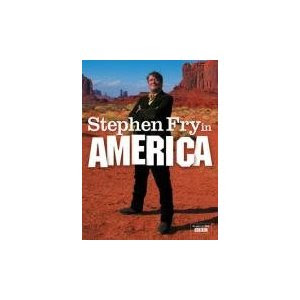It feels good to be able write that I've just finished a novel written by a friend of mine. It's not the finishing that feels good, mind, it's that it's written by a friend.
Fred and I toiled for a time at ACCESS in Calgary while it was still more educational than network or broadcast; a sort of poor-man's National Film Board. That was back in the early 80's. He wrote them, I produced and directed them, we suffered and rationalized our way out of the resulting post-mortems and critiques together.
The Great Karoo is a remarkable achievement. I really don't see my friend, Fred, in it. It's like it comes out of a life and experiences I didn't know Fred has had. Mind you, it's been more than twenty years since we worked together so I've missed a lot.
The horses in Karoo constitute characters in the book. I cared about Dunny and Blue almost as much as the people. I am impressed by Fred's knowledge of horses. I've never seen him on or even near one, yet he seems to know how they work. Mind you, I'm so ignorant of them (they're way too high, in my opinion) that he could write anything and I'd accept it, I suppose.
Fred has a lovely turn of phrase which I very much enjoy and to which I look forward when I embark on a Stenson read. An example, from Fred's
The Trade, he writes of a landscape which had been baked to a "thirsty tan." I can see that and feel it. I experience it every summer in Medicine Hat. Lovely.
Here are my favourites from Karoo:
When the sun dunked in the crags, the blackened cliffs split into rough knuckled fists whose beating had strewn a boulder field below. (p65)
Prose with a granite chin.
In one scene he described how disturbing the African night wild life sounds were:
It was all just the animal world moving and calling to itself, but it was hard not to feel it was meant for you. (p70)
And this:
Thousands of wagon wheels climbed out of the cups they'd pressed into the ground overnight. (p437)
How did that wonderful image come? Has Fred actually watched that happen, or is it the fevered imagination of the novelist?
Finally:
Jeff believed he could make the war do tricks but finally couldn't even get it to kill him. (p480)
Rich. My friend Fred, the novelist. Good job.
The Great Karoo is published by Doubleday Canada.









